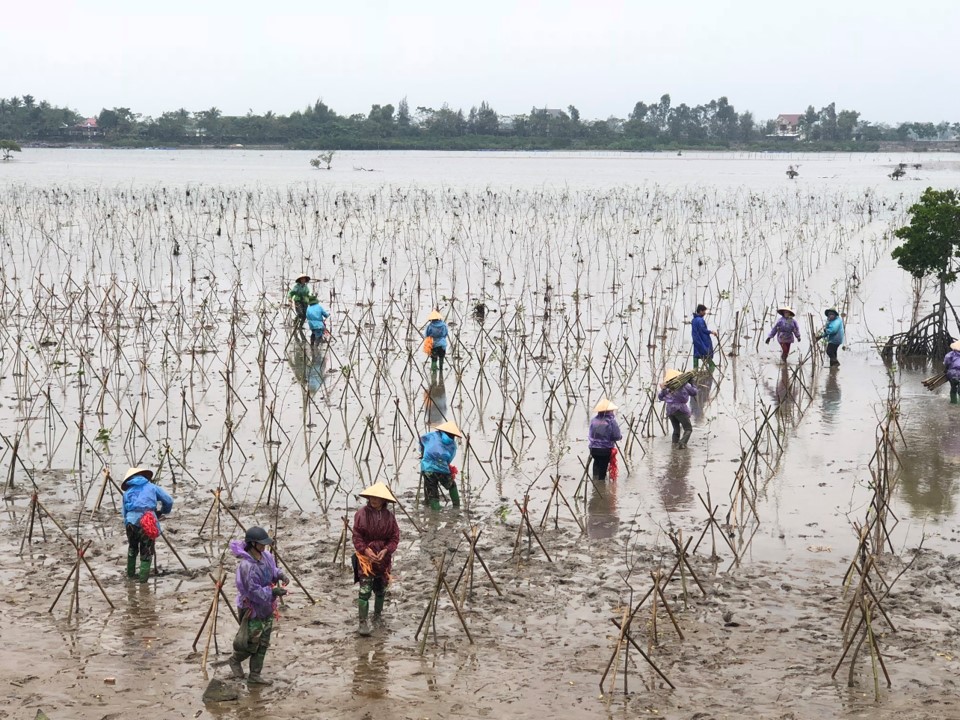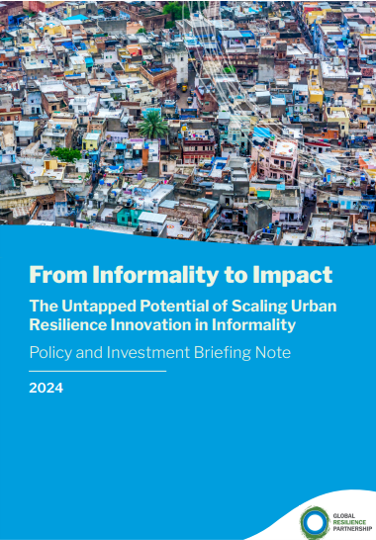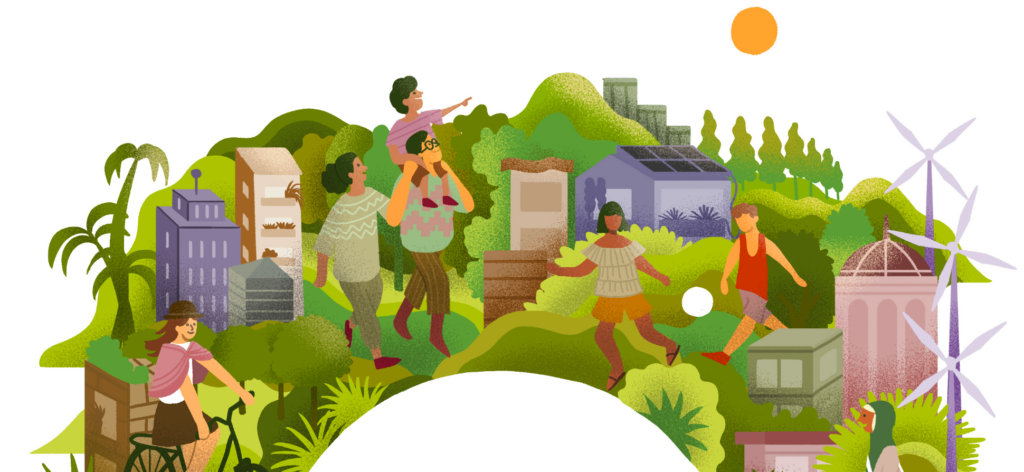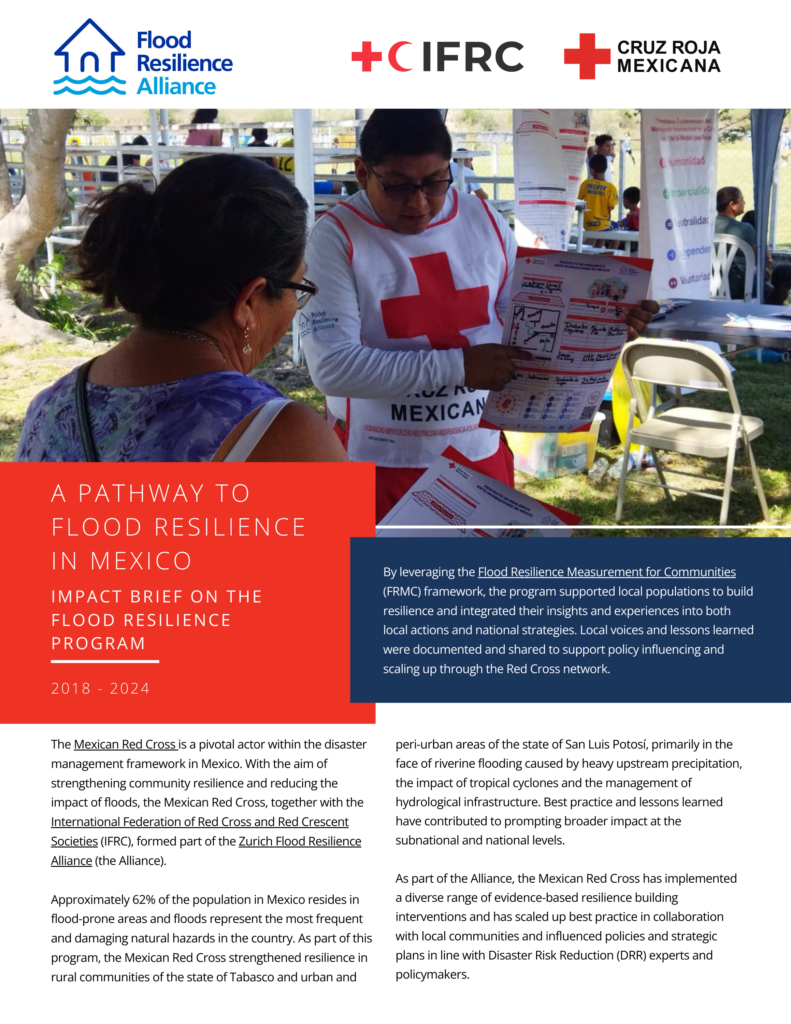Evaluating Nature-based Solutions as urban resilience and climate adaptation tools: A meta-analysis of their benefits on heatwaves and floods
Extreme weather events driven by climate change threaten the resilience of urban structures and urban dwellers. Nature-based Solutions (NbS) are an effective tool to reduce urban vulnerability to climate risks and, at the same time, develop more liveable urban areas. Despite the acknowledged positive impacts of individual observed NbS, numerous questions persist unanswered. While existing […]








